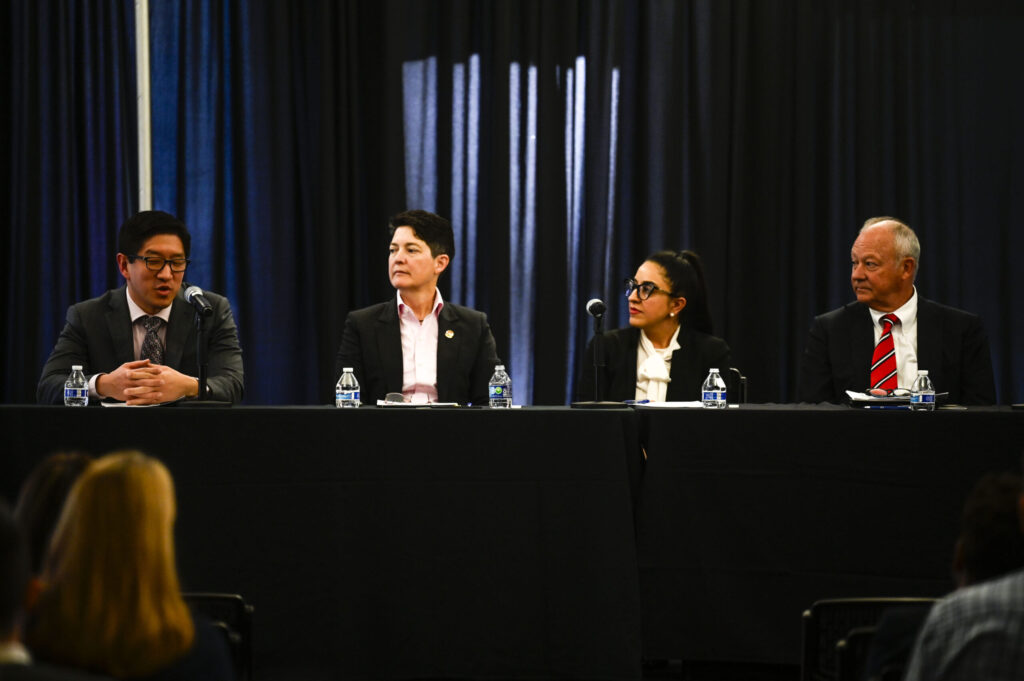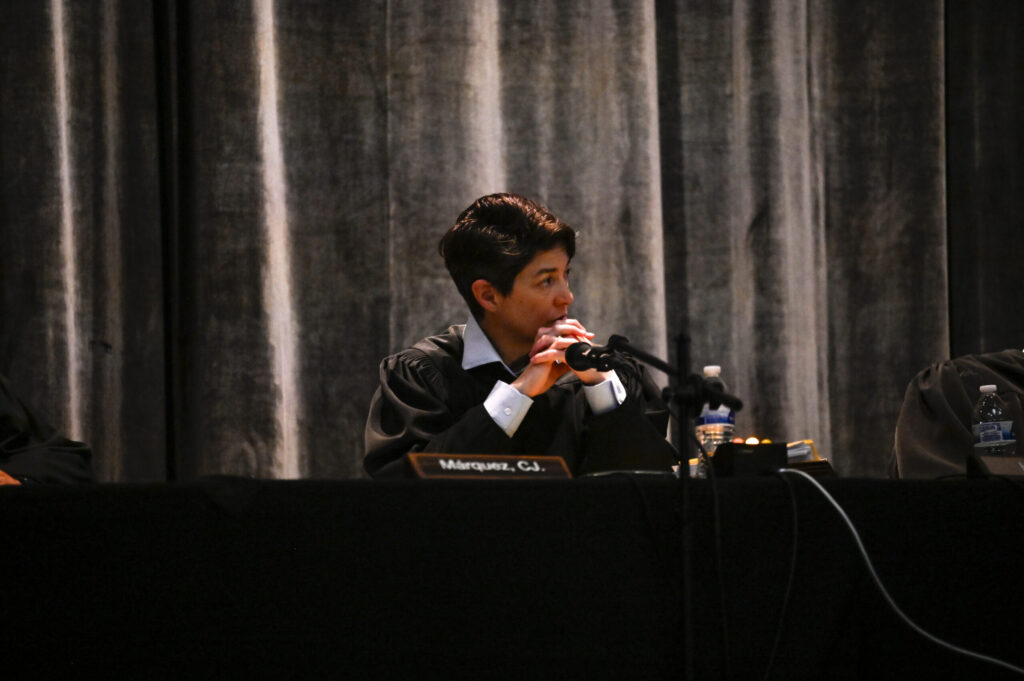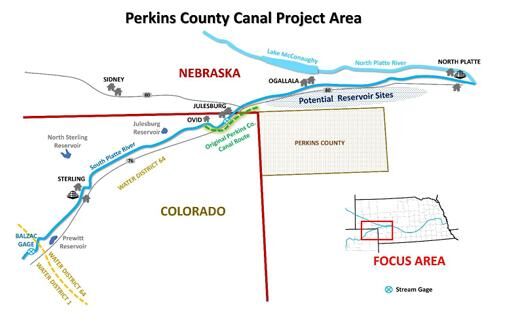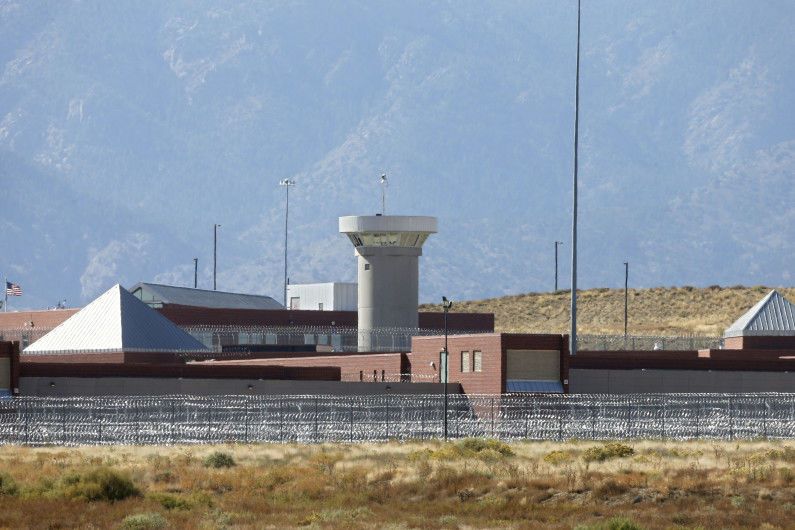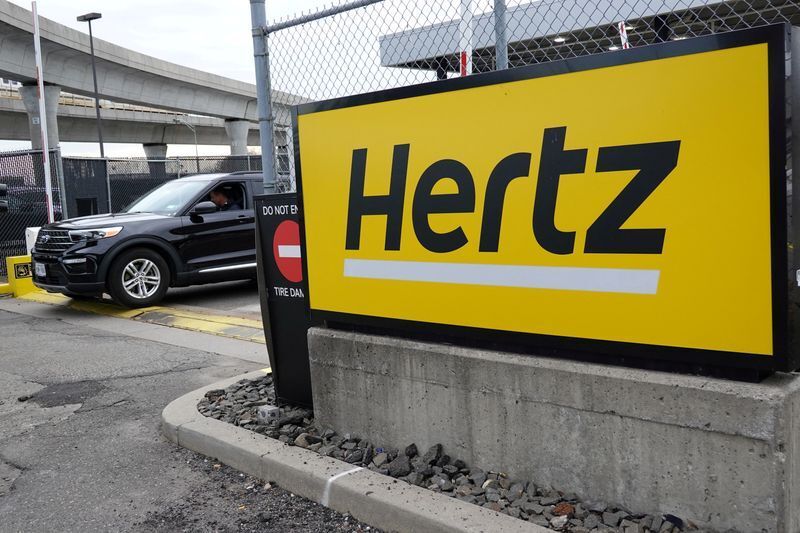Federal judge orders no further construction on Gross Reservoir project
A federal judge on Thursday blocked Denver Water from continuing any further construction on the long-planned expansion of a Boulder County reservoir, and in the process tore into the entity for its cavalier approach to the project.
“Although some courts have found that the public interest in continuing a project that has already begun is stronger than the public interest in complying with (federal law),” wrote U.S. District Court Senior Judge Christine M. Arguello, “this Court will not reward Denver Water for starting construction on the Project despite being aware of the seriousness of the environmental law challenges.”
At the same time, Arguello recognized the project’s challengers had not asked her to order dismantling of the construction to date. She also noted the entities that brought the case believed some additional construction to stabilize the project may be warranted.
Because Arguello was unclear what work would need to occur to ensure the safety of the dam as it stands, she indicated there would be a hearing so that engineers could explain to her how to stabilize the current structure.
In a lengthy statement, Denver Water called the decision “radical” and said it had “grave concerns.”
“It’s impossible to reconcile the judge’s order with what is clearly in the broader public interest,” the utility said, indicating it will appeal Arguello’s order and ask for it to be put on hold while the appeal is decided.
Six environmental groups originally challenged Denver Water’s plan to store more water for the 1.5 million people it serves, equating to 25% of the state’s population. The selected alternative was to raise Gross Reservoir and Dam by 131 feet and enable Denver Water to capture 18,000 more acre-feet of water per year — with a single acre-foot amounting to 325,851 gallons.
Under the Clean Water Act, Denver Water needed a permit from the U.S. Army Corps of Engineers to discharge fill material into wetlands during construction at the site near Boulder. The Corps issued its decision in 2017 and concluded the enlargement project was the “environmentally preferable alternative.”
In a decision last fall, Arguello acknowledged there was evidence of Denver Water’s need for a greater water supply. However, she concluded the Corps wrongfully eliminated alternatives that avoided disturbing wetlands. Further, the Corps improperly combined two distinct goals that had the effect of steering the project toward reservoir expansion. The actions violated both the Clean Water Act and the National Environmental Policy Act.
The Corps’ “downright refusal to even consider alternatives incapable of threading the needle between Denver Water’s wish list items is not just ‘unwise’ agency action — it is objectively ‘uninformed,'” Arguello wrote in a sternly worded Oct. 16 order.
Arguello was further concerned the Corps had projected climate change might affect the water storage in some way but “expressly declined to attempt to quantify the impacts of climate change — or even provide an educated guess.”
Arguello directed the parties to state their positions about what she should do as a result of finding a violation. Denver Water argued she should not “enter relief that interferes with construction” because of the impact on safety and the “immense” harm to the utility. The federal government also suggested there was a “serious possibility” the Corps could do further analysis and still justify its original decision to authorize the permit.
The petitioners in the case urged Arguello to stay the course, vacate the permit and halt construction.
“If the Court has any lingering safety concerns, it could require Denver Water to hire independent dam safety engineers (agreed upon by all parties) to determine what steps must be taken to safely halt construction — or, at most, to build the new dam up to 340 feet — and add a spillway, leaving the dam in a safe condition,” wrote the groups’ attorneys.
Arguello agreed to hear from experts about what could be done with the ongoing project. In the meantime, she reiterated the Corps’ violations were “extensive and serious” and “not of the type that can simply be supported by better reasoning.”
She further criticized Denver Water in her April 3 order for “choosing to immediately begin construction despite repeated warnings from Petitioners that they intended to challenge the Corps’ discharge permit.”
In a footnote, Arguello acknowledged a forthcoming U.S. Supreme Court decision could affect the consideration of indirect climate change impacts, but she was not certain it would even apply to the Gross Reservoir expansion.
The case is Save the Colorado et al. v. Semonite et al.





